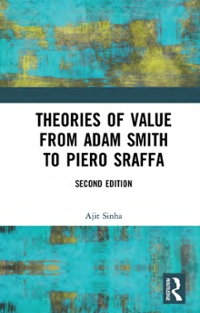Question
Consider the following first price auction. There are two bidders, 1 and 2, in an auction for a single indivisible good. Each bidder simultaneously submits
Consider the following first price auction. There are two bidders, 1 and 2, in an auction for a single indivisible good. Each bidder simultaneously submits a sealed bid bi , i = 1, 2, which must be a non-negative number. The object is delivered to the bidder whose bid is the highest, and this bidder must pay the amount of his bid. In case of a tie each bidder gets the good with probability 1 2 (and the bidder who gets it pays the amount of his bid). The bidder who does not get the good pays nothing. It is common knowledge that the good has a monetary value that depends on three independent random variables x0, x1 and x2, each of which is drawn from a uniform distribution on the interval [0,1]. The bidder who gets the object will ultimately derive benefits from owning it that is worth x0 + x1 + 3x2. At the time of the auction, player 1 has observed x0 and x1, but does not know x2; and player 2 has observed x0 and x2 but does not know x1. Formulate this strategic situation of incomplete information as a Bayesian game.
Step by Step Solution
There are 3 Steps involved in it
Step: 1

Get Instant Access to Expert-Tailored Solutions
See step-by-step solutions with expert insights and AI powered tools for academic success
Step: 2

Step: 3

Ace Your Homework with AI
Get the answers you need in no time with our AI-driven, step-by-step assistance
Get Started


